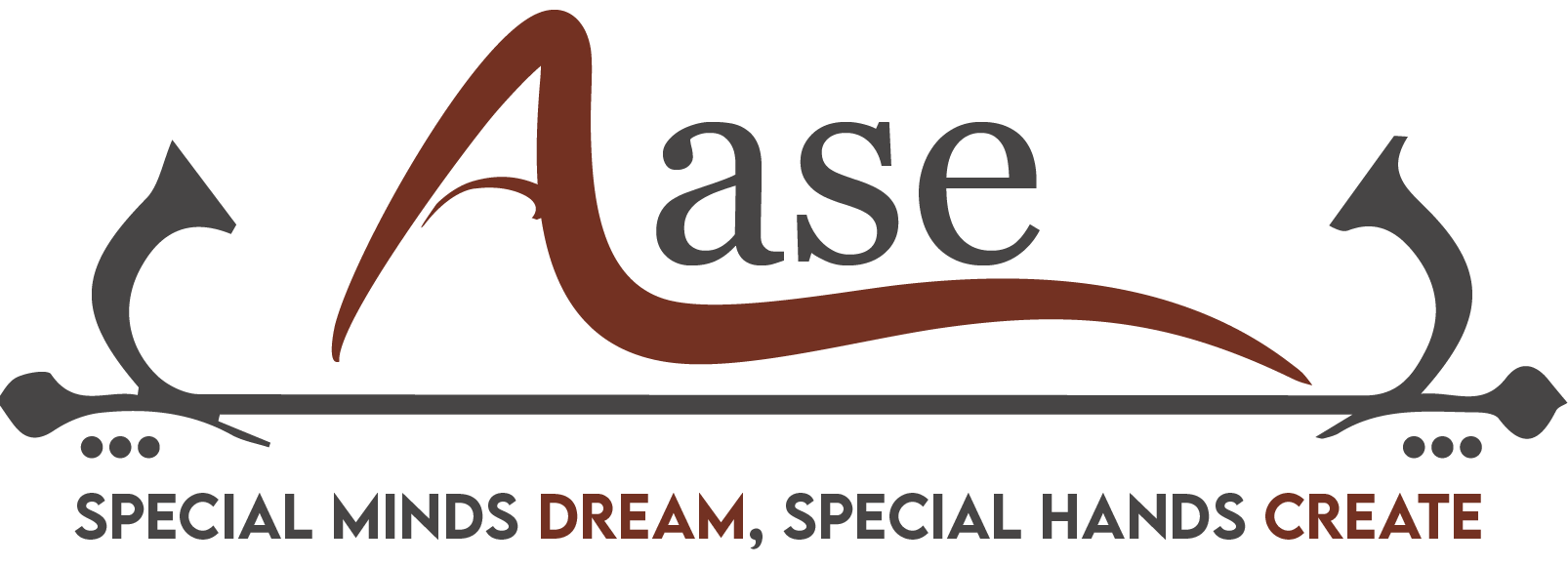We are now in Tumkur, Admissions open, call us on +91 99452 32961
We are now in Tumkur, Admissions open, call us on +91 99452 32961
We are now in Tumkur, Admissions open, call us on +91 99452 32961
We are now in Tumkur, Admissions open, call us on +91 99452 32961
We are now in Tumkur, Admissions open, call us on +91 99452 32961
We are now in Tumkur, Admissions open, call us on +91 99452 32961
- "School for holistic development and vocational skills for special needs children and adults"


